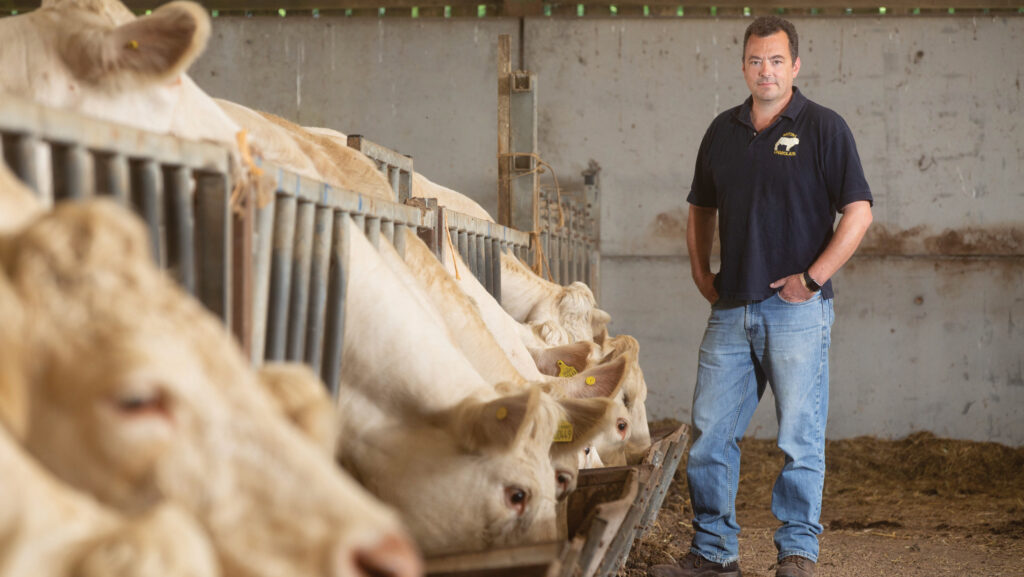Farmer Focus: Data must help prove how good British beef is
 © Tim Scrivener
© Tim Scrivener British farmers are rightly proud of what they do and how they go about their business. We are, as a whole, adaptive, compassionate, productive and incredibly hard working.
However, just saying we are the best in a marketplace where we will increasingly compete against imports is meaningless. “Don’t tell me, show me” must be the mantra.
“Best” means different things to different people. The UK does not measure or reward eating quality (flavour/tenderness/succulence) as in the US, Canada and Australia for example.
See also: UK-Australia trade deal ‘will carry high animal welfare cost’
We have it nailed on food miles, contribution to the landscape, and food security.
On animal welfare we are rated as highly as anywhere in the world by the Animal Protection Index, doing better than the US, Canada, Australia and South America.
Our carbon footprint is 19.1kg carbon dioxide equivalent/kg beef compared with a global average of 48.7kg – much better than Australia or any South American countries, but worse than the US and Canada.
And it’s worth considering why.
Growth hormones are used in beef production in the US, allowing for greater feed conversion ratio, accelerated growth and, crucially, reduced days to slaughter.
Nothing has as great an effect on the carbon efficiency of beef as days to slaughter.
This is an area we can improve considerably in the UK without resorting to growth hormones, but through improved genetics and management.
I visited a huge feedlot in Canada a few years back. All cattle were injected prophylactically with antibiotics delivered by the pallet load, and given a hormone eartag.
This is an area where I believe we can smash the opposition.
Antimicrobial resistance is a big deal globally for human and animal health.
We in the UK beef industry have a low level of antibiotics use compared with some other countries, yet we need to demonstrate that with hard data.
Medicine Hub collates antibiotics use in our livestock. It’s a reasonable data set – we need much more. If we don’t submit this data voluntarily, it will inevitably become a legislative requirement.
We should all talk to our vets, software suppliers and supply chain partners to insist that our farm’s antibiotics records are shared. It’s another way to back up the claim that British beef is the best.

